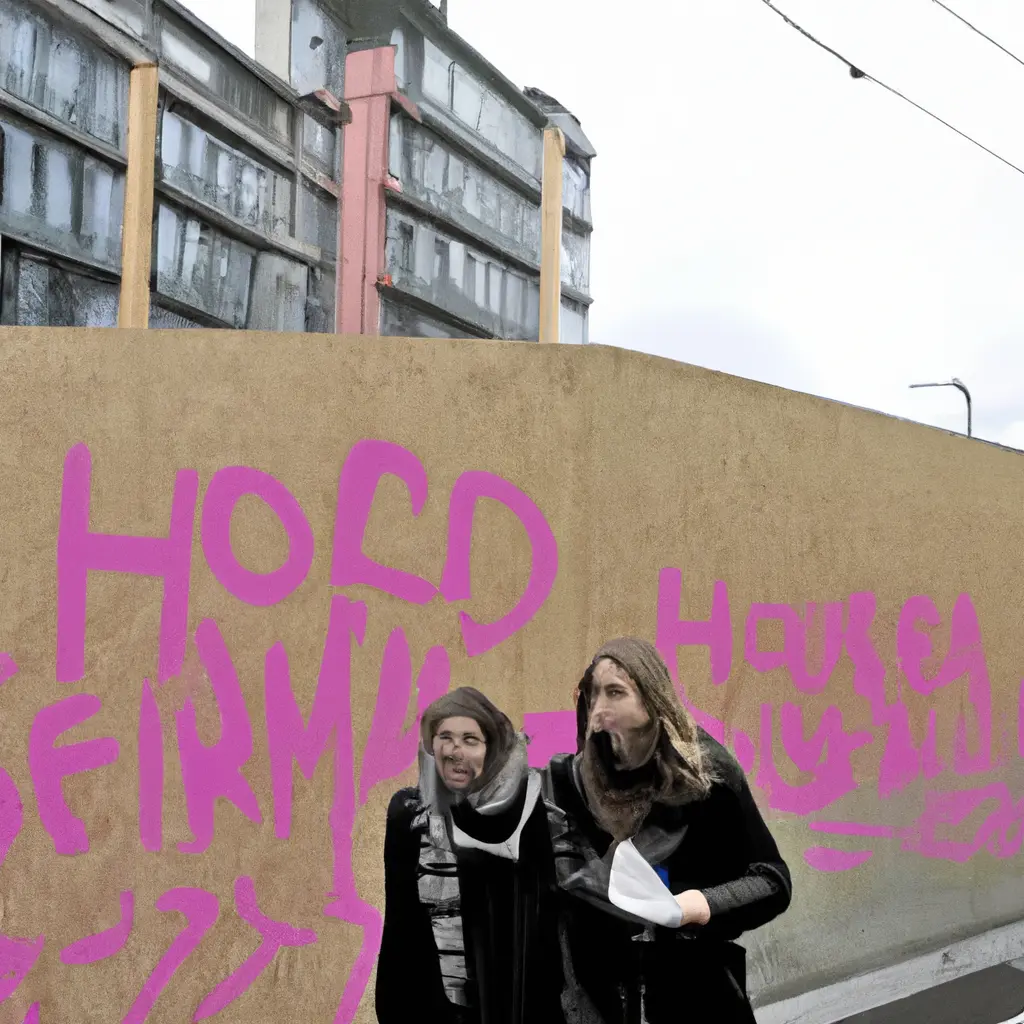Real estate: crisis in Sweden and Ireland due to housing shortage


The housing market crisis is becoming increasingly significant in France, but is also present in neighboring European countries, notably Sweden and Ireland.
The Swedish central bank warns of the growing risks posed by the real estate market to the country's financial system in a period of inflation. The current situation is reminiscent of the beginning of the 1992 crisis, which led Sweden into a deep economic recession. Since then, a number of measures have been taken to reduce the risk of bank failures in the event of a real estate market crisis. However, real estate prices in Sweden have quadrupled in less than 20 years, driven by very low interest rates, almost non-existent property taxes for owners and a lack of housing supply. Over the year, the real estate market lost an average of 15% of its value, and in some regions sales were down 40%. In parallel, housing construction has also slowed considerably due to inflation, rising raw material costs and the fall of the crown against the euro. In Sweden, all of these factors are amplified by the fact that the rental housing market does not function properly as it is regulated, which is a good idea in principle, but has become so complicated over time that it takes an average of 11 years to get an apartment in Stockholm. This puts even more pressure on Swedes to purchase their own homes and therefore go into debt. Swedish commercial real estate, including offices, schools, hospitals and other formerly state-owned buildings, is owned by SBB, which the municipalities sold off to get quick cash. That group faces a debt of nearly eight billion dollars, of which $1.5 billion is due over the next 12 months. SBB is looking for buyers to avoid bankruptcy, which could not only have repercussions for the entire financial industry, as commercial real estate makes up a large part of bank loans, but would also jeopardize the functioning of public services in several cities across the country.
Ireland is also facing a housing crisis, with endlessly rising rents and a steady decline in supply. Thanks to its attractive tax system, Ireland has been able to attract large technology companies. Tens of thousands of expats with high salaries have become potential tenants.
13 May 2025
13 May 2025
14 May 2025




The situation is so tense that many young people are forced to stay with their parents until they find their own place to live. Such was the case with 28-year-old Alex. "Instead of sleeping outside, my parents were happy to see me. So in that respect, I was lucky. But it's still irritating because you have the feeling that your life is on hold. "
In Ireland, the 2024 budget has just been passed, and it does contain measures along those lines, such as investment in new housing. However, these measures will take time, and for this generation, who see themselves as victims, the solution is emigration. More and more people are leaving the country, especially for Australia, which offers young Irish people new prospects for the future.
Comment
Popular Offers

Subscribe to the newsletter from Hatamatata.com!
Subscribe to the newsletter from Hatamatata.com!
I agree to the processing of personal data and confidentiality rules of Hatamatata










